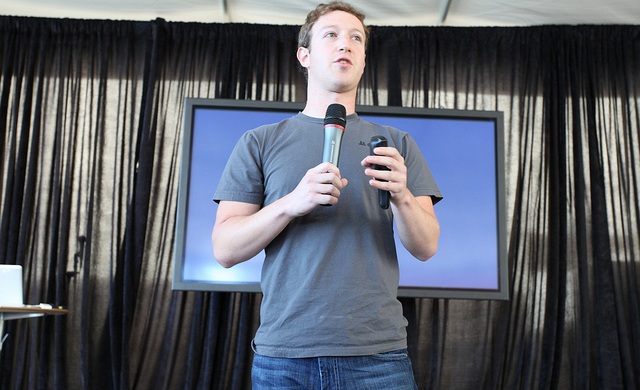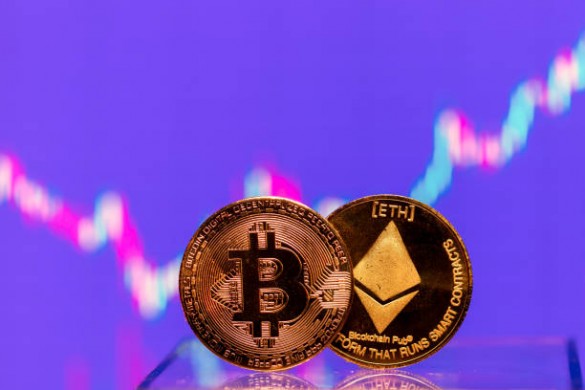The headlines paint a dramatic picture.

Meta is reportedly dangling astronomical pay packages in front of top AI researchers.
According to The New York Times, one developer was offered $125 million, turned it down, and later walked away with a staggering $250 million deal. Another rumor suggests a software engineer even declined an eye-watering billion-dollar offer from Mark Zuckerberg himself—currently the third wealthiest person on the planet.
On the surface, it looks like an arms race with no ceiling.
But there’s a catch: those enormous compensation figures may never materialize in full.
Here’s why.
DeepMind’s Stunning Achievement
Just last month, Google’s DeepMind crossed a line many thought was years away.
Its AI system clinched a gold medal at the International Mathematical Olympiad (IMO)—a contest designed not for machines, but for the brightest high-school minds. The problems require fresh, creative reasoning—not just pattern recognition or regurgitation of known answers.
Until recently, most experts thought such a feat was well over the horizon. In fact, billionaire trader Alex Gerko was so confident of that timeline that he pledged $10 million to anyone who could create an AI capable of winning IMO gold within five years.
It took only 18 months.
Why Meta Suddenly Shifted Its Narrative
It’s no coincidence that this breakthrough arrived just as Mark Zuckerberg began talking more aggressively about “superintelligence.”
Because here’s the hidden truth: Meta’s so-called talent war isn’t just about buying people—it’s about hedging against the reality that the race for AI dominance has accelerated far faster than expected.
Those sky-high packages? They may be less about guaranteed payouts and more about long-term stock options, retention hooks, and headline-grabbing optics.

Why AGI Might Be Closer Than We Think
Superintelligence—AI that surpasses human intelligence across nearly every domain, not just math or science—has long been framed as a distant horizon.
But according to Mark Zuckerberg, that horizon may be approaching rapidly.
In a recent letter, he wrote: “Over the last few months we have begun to see glimpses of our AI systems improving themselves… Developing superintelligence is now in sight.”
And he’s backing that claim with billions in spending, aggressively recruiting the brightest researchers in the field.
The Fine Print Behind the Salaries
The attention-grabbing packages—hundreds of millions or even a rumored billion dollars—sound like no-limit checks. But the reality is more nuanced. These offers are structured over years, often heavily weighted with stock options and milestones.
If Zuckerberg is right, and true superintelligence could arrive within 6–12 months, many of these recruits won’t ever see the full payout. Once AI begins improving itself at an exponential pace, human labor—even at the elite level—loses its leverage.
The Escalating Stakes
This is why the compensation frenzy may only intensify. The logic is simple: if winning the AGI race unlocks near-unlimited power and value, then what’s another billion-dollar salary in the short term?
In that light, the current talent war isn’t about salaries at all. It’s about buying time—time before the rules of the game change forever.
Zuckerberg’s Track Record of Bold Bets
Mark Zuckerberg has never been shy about making bold, high-stakes moves that initially look overpriced but later prove visionary.
When Facebook bought Instagram in 2012 for $1 billion, many analysts scoffed at the valuation. Today, Instagram is estimated to generate more than $70 billion a year in revenue.
The $19 billion WhatsApp deal drew similar criticism, yet it has become the backbone of Meta’s global communications ecosystem.
Even the much-maligned metaverse pivot, while early, shows how Zuckerberg consistently bets on long-term shifts before the crowd catches on. His record suggests that his seemingly extravagant gambles often pay off—just not always on the timeline expected.
Why AI Is Different
With artificial intelligence, however, the timing couldn’t matter more. If Zuckerberg is correct about how close we are to achieving superintelligence—and if Meta manages to position itself at the forefront—the consequences would be staggering.
This isn’t about incremental growth or market share. It’s about a fundamental reordering of the global economy. Superintelligence could unlock trillions in value almost overnight, dwarfing previous waves of innovation.
The Stakes for Investors
For investors, this moment could represent the greatest wealth-creation event in human history. Not millions. Not billions. Trillions. Entire industries would be reshaped at a pace the world has never experienced.
Against that backdrop, billion-dollar salaries may not be reckless indulgences at all. They could be remembered as the bargain price of admission to win the race for superintelligence.
Learn from market wizards: Books to take your trading to the next level


 Hot Features
Hot Features













